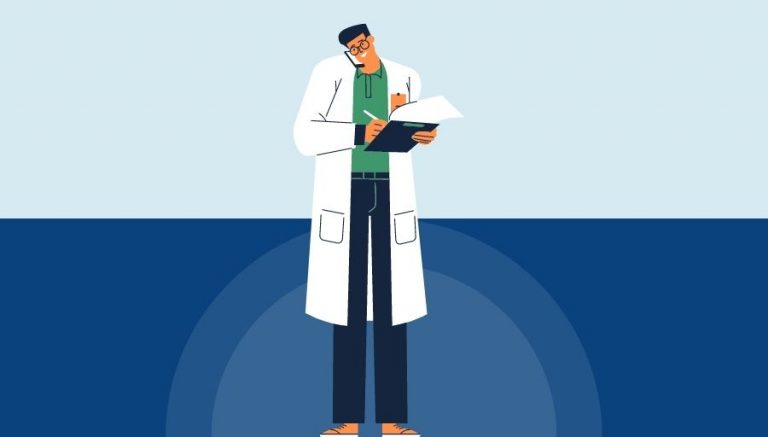ICD 10 CM F14.259 | Description & Clinical Information
ICD 10 F14.259 describes a condition in which an individual becomes dependent on cocaine due to the development of tolerance, requiring increasing amounts of the substance to achieve the same effect, and experiences physical and/or mental symptoms upon sudden withdrawal, often accompanied by a psychotic disorder such as delusions and hallucinations, even if the nature of the psychotic disorder is not documented by the provider.
Official Description Of F14.259
The ICD 10 CM book defines ICD 10 code F14.259 as:
Excludes1: cocaine abuse (F14.1-)
cocaine use, unspecified (F14.9-)
Excludes2: cocaine poisoning (T40.5-)
Excludes2: other stimulant-related disorders (F15.-)
When To Use F14.259
The diagnosis describes by the ICD 10 CM F14.259 code relates to patients who use cocaine, a stimulant drug that affects their mood, motivation, and energy. Cocaine is a controlled, addictive substance that may have some valid medical uses; however, patients who become dependent on cocaine are at risk of developing harmful symptoms and behaviors that could adversely affect their lives.
Individuals with cocaine dependence use higher amounts of the drug for longer periods than intended and develop a tolerance for the substance. They may struggle to abandon or discontinue its use, despite the negative impact on their work, school, social, or home life. Additionally, patients may experience withdrawal symptoms when they attempt to cease cocaine use.
One specific symptom that may occur in patients with cocaine dependence is the development of unspecified cocaine-induced psychotic disorder. This condition can manifest as a belief in unusual powers, delusions about famous people being in love with them, hallucinations that are not perceivable by other individuals, a preoccupation with imaginary medical problems, thoughts of suicide, and other similar issues.
Patients who are addicted to cocaine may indulge in dangerous behaviors and continue to use the drug even after being arrested for its possession or use. They may also experience several health problems depending on the method of cocaine use, such as nosebleeds and nasal problems from snorting, dental and gum issues from rubbing it on their gums, and infections from injecting the substance.
To diagnose cocaine dependence, healthcare providers may evaluate an individual’s medical history, signs, and symptoms, do a detailed inquiry into their personal and social behaviors, and provide a physical examination. Moreover, laboratory studies may include tests of blood, urine, and other bodily fluids and hair to measure cocaine levels.
Antipsychotic drugs are one approach for treating patients with unspecified cocaine-induced psychotic disorder, while other treatment options include cognitive-behavioral therapy (CBT), psychotherapy, group therapy, and, in severe cases, admission to a residential treatment center. Various other treatments depend on associated physiological conditions.
It is crucial to note that patients struggling with cocaine dependence should seek help from healthcare professionals to receive appropriate treatment and care. Cocaine can lead to several physical, psychological and social issues, and early intervention may significantly enhance an individual’s overall recovery process.



